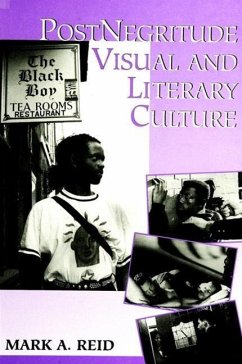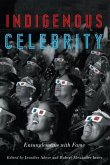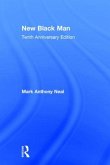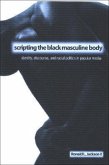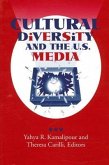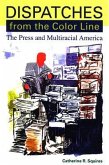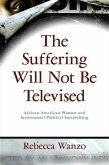In the 1960s and 1970s, the civil rights movement and other national and cultural movements fractured dominant paradigms of American identity and demanded a reformulation of American values and norms. This book borrows the moral, ethical, and political purposes of these movements to show how film, literature, photography, and television news broadcasts construct essentialist myths about race, gender, sexuality, and nation. It also examines how some visual and literary works and public reactions challenge these essentialist myths by exploring racial, sexual, and national anxieties. Reid explains how artists such as filmmakers Julie Dash, Spike Lee, and Marlon Riggs, photographers Rotimi Fani-Kayode and Gordon Parks, novelists John A. Williams and Ayi Kwei Armah, playwright Adrienne Kennedy, and poet Bob Kaufman portray the fears of people in the grips of social and psychological change. In each chapter, he explores how an important social issue--black feminism, interracial intimacy, biracial and homosexual identity, and black erotica, for example--is presented in film, literature, and photography. Throughout the book Reid's analysis is driven by a postNegritude understanding of race and cultural identity as a socially acquired and unfixed process rather than a biological fact. By showing how visual and literary artists challenge hegemonies of power through the creative imagination, he challenges monolithic and fixed notions of race, ethnicity, sexuality, gender, religion, and cultural identity.

